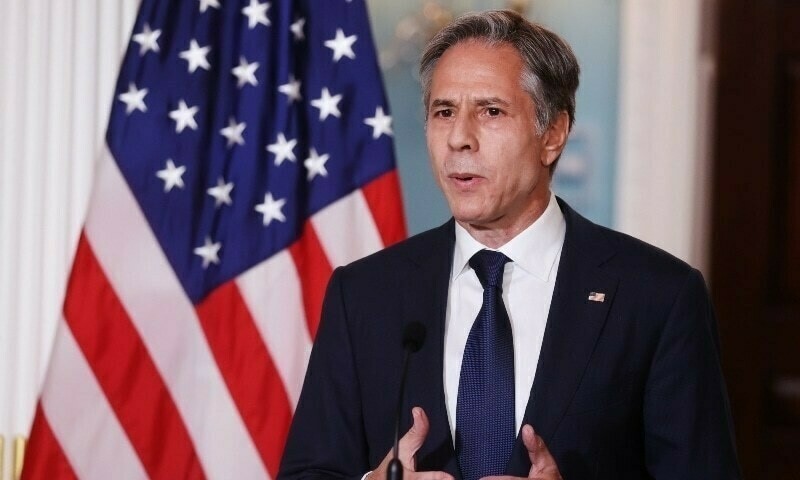The United States has called upon India to collaborate with Canada in its ongoing investigation into the alleged involvement of Indian agents in the murder of Sikh separatist leader Hardeep Singh Nijjar. Prime Minister Justin Trudeau’s revelation of “credible intelligence” linking Indian agents to the murder has ignited a furious response from New Delhi, vehemently denying the allegations. The situation has now escalated as the United States weighs in on the matter, demanding cooperation from India while expressing concerns over the unfolding developments.
US Demands Accountability Amidst Growing Tensions
US Secretary of State Antony Blinken, addressing reporters during a press briefing, underscored the gravity of the situation. “We are deeply concerned about the allegations that Prime Minister Trudeau has raised,” Blinken stated emphatically. “It would be important that India work with the Canadians on this investigation. We want to see accountability.” The comments by Blinken represent the most significant involvement by the United States in this contentious issue to date, raising the stakes in what is shaping up to be a pivotal international incident.
Canada’s Intelligence Shares Alarming Insights
The Canadian government has been diligently amassing intelligence, both human and signals, throughout a months-long investigation into the murder of Hardeep Singh Nijjar, according to sources cited by CBC News. The report reveals that this intelligence includes communications of Indian officials who were present in Canada during the period in question. Even more intriguingly, a portion of this information was allegedly provided by an unidentified ally within the Five Eyes alliance—a collaborative intelligence-sharing network comprising the US, the UK, Canada, Australia, and New Zealand.
Prime Minister Trudeau, however, has refrained from divulging specific details regarding the intelligence gathered by Canadian spy agencies, leaving the international community and Indian authorities in suspense. His office has neither confirmed nor denied the CBC report, further intensifying the intrigue surrounding this complex issue. Senior Canadian government sources have emphasized that Trudeau would not have publicly aired these allegations without possessing a high level of confidence in the intelligence at hand, casting a long shadow over the situation.
Global Allies Weighing Geopolitical Implications
This unfolding scenario has left traditional Canadian allies, including the United States, navigating a delicate balance. While there is a palpable concern over the allegations and the need for accountability, political analysts suggest that global players such as the United States view India as a counterweight to the rising influence of China in the region. Consequently, there has been a cautious approach taken by major world powers towards this sensitive issue.
Secretary of State Blinken assured that close coordination and consultation between the US and Canada are ongoing. “We have been consulting throughout very closely with our Canadian colleagues, not just consulting but coordinating with them on this issue,” Blinken stated, emphasizing the collaborative nature of the response.
As the diplomatic tension continues to mount, the world watches with bated breath, aware that the outcome of this investigation could have far-reaching implications on international relations. With the United States now firmly in the fray, the pressure on India to cooperate with Canada’s probe into the murder of Hardeep Singh Nijjar has reached a critical juncture, leaving diplomatic channels strained and the global community eager for a resolution to this perplexing case.
















